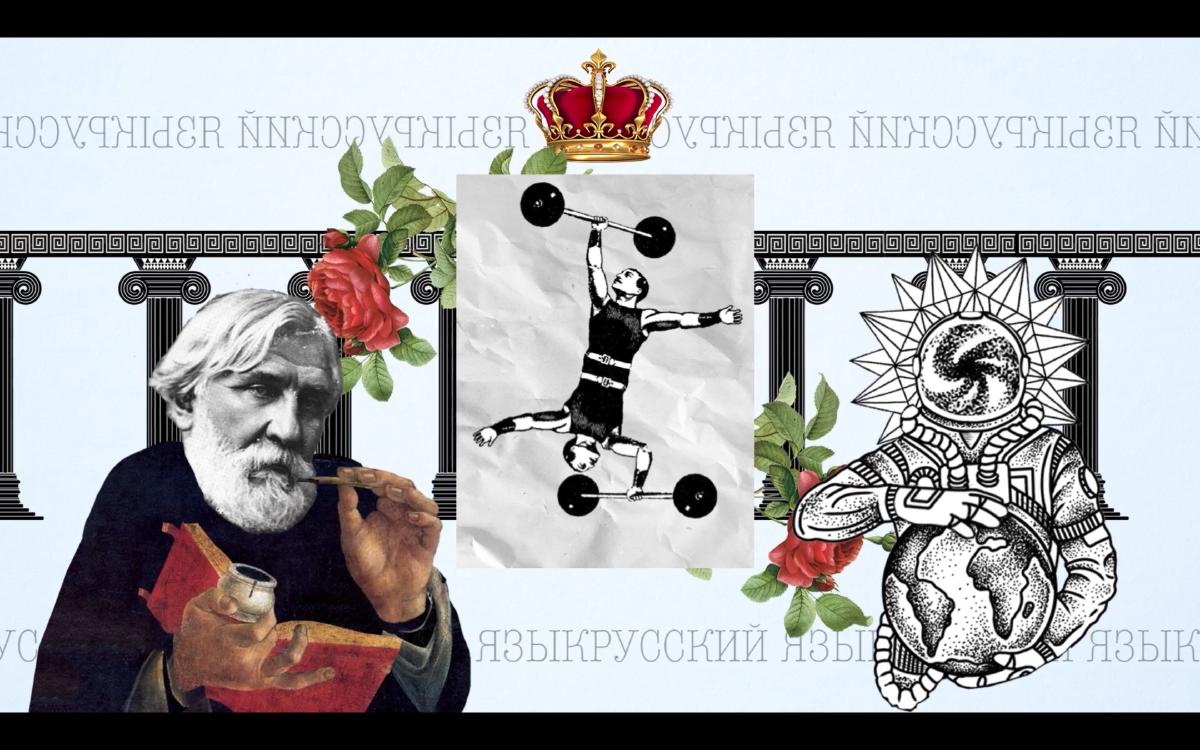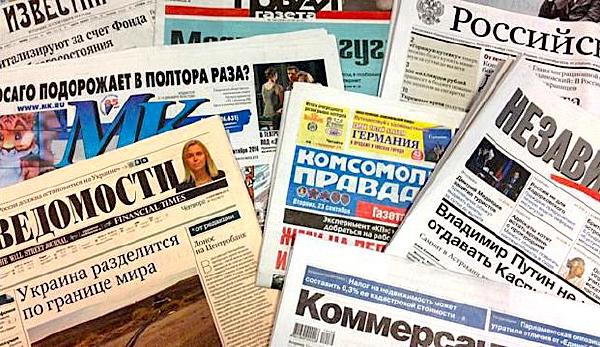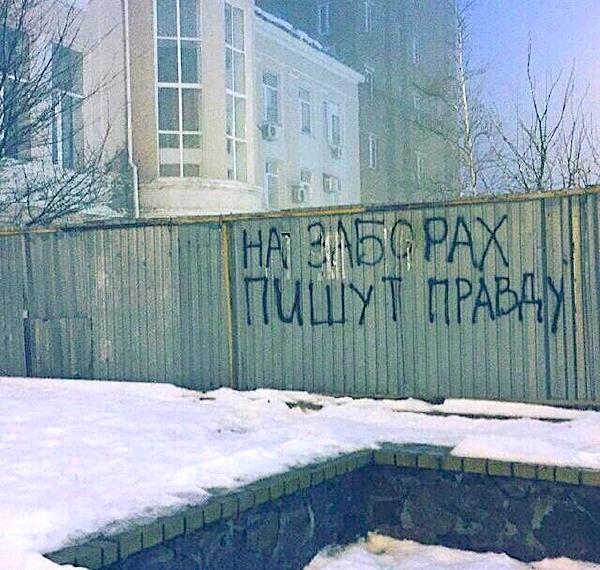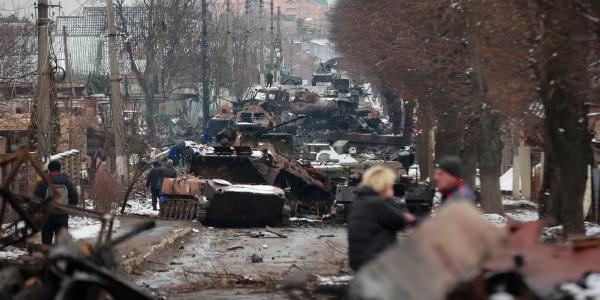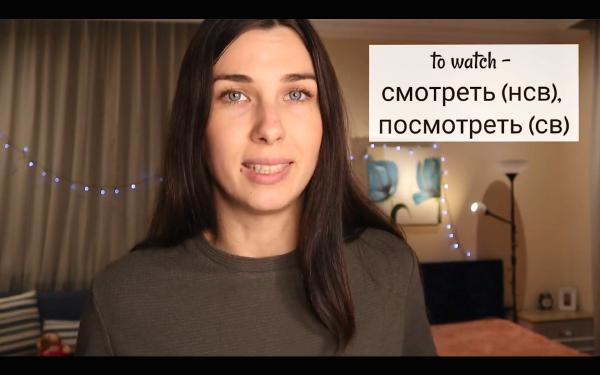On the Beauty of the Russian Language
Simply the most beautiful language of all, as stated in Why Russian. It’s more elegantly and finely formulated, better reflecting the beauty of the Russian language. “Russian has the grandeur of Spanish, the vivacity of French, the strength of German, the gentleness of Italian, and in addition to that, the wealth and brevity of Latin and Greek.”
Lomonosov
The quote is from Mikhail Lomonosov (= Михаил Ломоносов, 1711-1765). English translations vary slightly; see also (the one in) On This Day in 1711 Mikhail Lomonosov Was Born (The Moscow Times, 19-11-2019) and Lomonosov’s Dedication to His Russian Grammar (Cambridge, 2017, also available on Jstor). The version above comes from a video by RussianPod101; the most beautiful version is the untranslated one.
«В нём [русском языке] великолепие испанского, живость французского, крепость немецкого, нежность италиянского, сверх того богатство и сильную в изображениях краткость греческого и латинского языка».
See Wikipedia and М. В. Ломоносов: ученый, поэт, реформатор русского языка (Znaika TV, 2017, 11 mins). More in О богатстве и выразительности русского языка (about the richness and expressiveness of the Russian language, 2012, 9 mins).
Turgenev
A century later, Ivan Turgenev (= Иван Тургенев, 1818-1883) took it further. The Russian language as a source of strength, and as a gift to a people as grand as the language itself. “In days of doubt, in days of sad brooding on my country’s fate, thou alone art my rod and my staff – oh great, mighty, true and free Russian tongue! But for thee, how not to fall into despair, seeing all that happens at home? Yet who can think that such a language is not given to a great people?” ( Russian Universe, 2016).
«Во дни сомнений, во дни тягостных раздумий о судьбах моей родины, – ты один мне поддержка и опора, о великий, могучий, правдивый и свободный русский язык! Не будь тебя – как не впасть в отчаяние при виде всего, что совершается дома? Но нельзя верить, чтобы такой язык не был дан великому народу!»
See Turgenev – The Russian Language (Angelos Georgakis, 2017, 5 mins) and this Analysis of the poem (Tugulympu). Readings here, here, here, here, and in class.
“Азбука Тургенева”: Русский язык
(Выпускники СПбГУ, 2018, 1 min)
Yashin and Balmont
There’s also a poetic praise of Russian from Alexander Yashin (= Александр Яшин, 1913-1968). Text on РуСтих and Poemata. Readings here, here, and here.
And from Konstantin Balmont (= Константин Бальмонт, 1867-1942). Text on РуСтих and Pishi-Stihi. Readings here, here, and here. See also Ostihe.ru.
Arie and Brinnuliya
Russian as the самый крутой язык в мире (coolest language in the world) in 5 Reasons Why I Study Russian (Ари говорит по-Русски, 2019, 8 mins). And see Brinnuliya’s love letter to the Russian language in How I Fell in Love with Russian (2020, 11 mins). She also loves Russia (2019, 12 mins).
The Russians Themselves
Asked on the street what they consider to be the most beautiful language, Russians often name French and Italian. Sometimes, they name their own language, as seen in Languages Russians Consider the Most Beautiful (1420, 2020, 4 mins). See also Which Language Would You Like to Learn? (Easy Russian, 2015, 5 mins).
Beautiful
Russian as a game or puzzle, with this promise: ‘as soon as you understand the grammar, you can own it, just master it.’
Why Russian is a Beautiful Language
(Lifey, 2015, 3 mins)
More Beauty
See Top 4 Reasons Why Russian is Beautiful (Be Fluent in Russian, 2018, 8 mins), and from the same channel, Beauty of Russian Language (2018, 8 mins).
See/read 11 Beautiful Russian Words to Make You Fall in Love With the Language (The Culture Trip, 2018), The Top 20 Beautiful Russian Words You Should Know (LinguaJunkie, 2017), and Why is the Russian Language so Beautiful: 10 Reasons (My Key to Russian).
More


